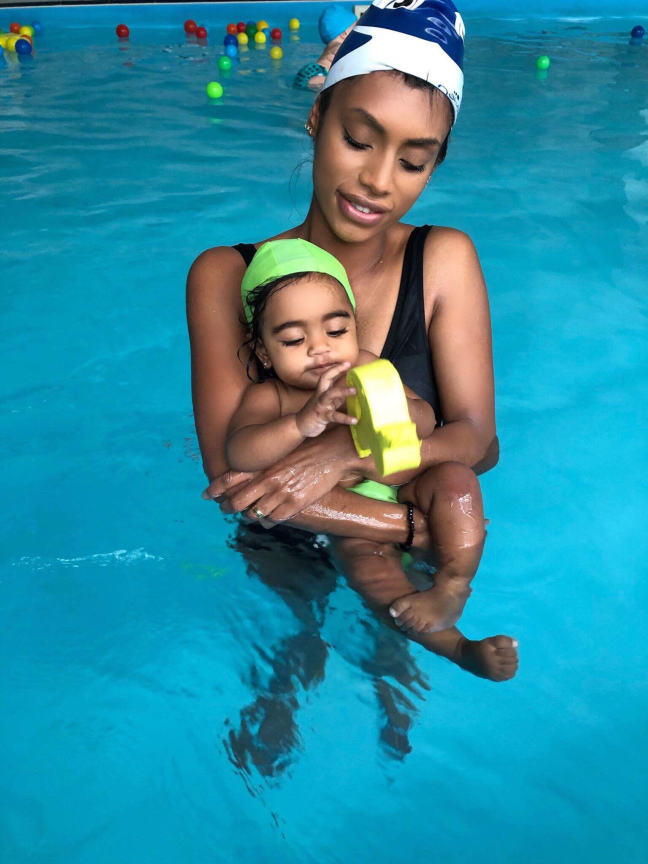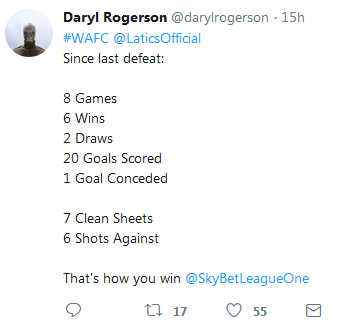Of course as everything starts on instagram, so will this blog post too. Since my first child, I have occasionally been posting snaps on instagram of us at baby swim lessons, and of course without fail, every single time, I will receive a message probing all about swimming with babies, are they too small? Do they cry? Is it safe? What age can I start? So here below I’m going to list all the pro’s of taking your little babes swimming, unfortunately I won’t be listing and of the cons as there aren’t any (not in my opinion anyways). So let’s dive (pun intended) right in.
Q1. At what age can I begin to take my baby swimming?
Technically speaking, you can take your baby swimming from any age, I mean they were basically grown in utero in their own private swimming pool, right? Many mothers obviously are not usually up for taking a newborn baby swimming at a couple of weeks old and of course you will find that neither are *swimming lessons* provided for infants so young. I’ve seen in some countries they have swimming lessons starting around 3 months old, over on my side of the world they had a starting age of 4 months and so that’s when I started to take my babies swimming. Most importantly you should both be happy, fit and well before wanting to partake.
Q2. What about the chlorine in the pool?
Due to delicate immune systems, doctors usually recommend that babies are kept out of pools or chlorinated lakes until 6 months of age. However, if you are lucky enough to find a pool near you (as I did) which is 100% baby friendly then go ahead. By baby friendly, I mean the pool where we take lessons are for 0-3years old ONLY (so not a public pool). Filtered 24/7, only has natural salt in the water and no chlorine. The specific pool where I take my children is made specifically for baby swim lessons, therefore if you can’t find such a thing near you, then I’d advise waiting until 6 months.
Q3. What if my baby cries?
Usually, you will find that if you introduce a baby young enough to the water then very rarely will they cry. It is also advised that if you do plan on taking your baby swimming from an early age then you can start by practising at home in the bathtub, by filling up the water pretty high and giving them the right support underneath their neck etc. in order to let themselves accomodate with the ‘free’ feeling in the vast amount of water and the upthrust which they may feel at the beginning. If on the other hand you do get a negative reaction from baby the first time you take them to the pool, then I advise to take them out immediately and either after calming them down try again within that session or taking them home and trying again the next week. Either way, negative association and forcing a child into the pool will never reap positive benefits, it will only reinforce negative behaviour and stabilize fear (which we don’t want to happen).
Q4. Does it really help my babies intelligence?
YES! YES! YES! Cross-patterning movements builds neurons throughout the brain, but especially in the corpus callosum, which facilitates communication, feedback, and modulation from one side of the brain to another. Down the line, this improves:
- reading skills
- language development
- academic learning
- spatial awareness
When swimming, your baby moves their arms while kicking their legs. And your cutie is doing these actions in water, which means their brain is registering the tactile sensation of water plus its resistance. Swimming is also a unique social experience, which furthers its brain-boosting power!
Q5. How does it physically help my baby?
Physically speaking, of course it is an exercise and it helps muscle tonus, stronger neck and spinal control as well as facilitating arm and leg movement. From a personal point of view, both of my kiddo’s started sitting upright on their own at 5months old and I have a little hunch that swimming played a role in this super baby strength!
6. Learning to swim helps prevent drowning.
As a mother, I obviously want to respect my childrens wishes and needs and never want to force them into doing something which they do not wish to do. However, I have always said that swimming is an obligatory thing that they will have to learn and they don’t have a choice. Why? Because swimming is a key life skill, it can be in so many occasions the line between a positive to a negative outcomes, which as a parent I do not even want to go there and think about. Therefore even if they didn’t like swimming I would have made them learn at a time they could understand it’s importance. However, lucky for me this is not the case, as I started swimming with them so young, I have two water babies who absolutely love the water. However, if this is not the case for you, I do urge you to try and push your child in a positive way to learn just enough swimming to maybe be able to save themselves one day. (Children really do fall in fountains a lot, take a google).
So anyways guys, that’s my intake on swimming today, if you did have any more questions, mail me or drop them in the comments below and I’d be happy to answer them.
PS. INCASE you did need another reason to take your baby swimming, then I PROMISE you, they sleep so gooood after a swim sesh and literally will never miss a nap, they also will sleep for a couple of hours. So if you needed motivation, you got it.
Just keep swimming!
Reema OXOXO






